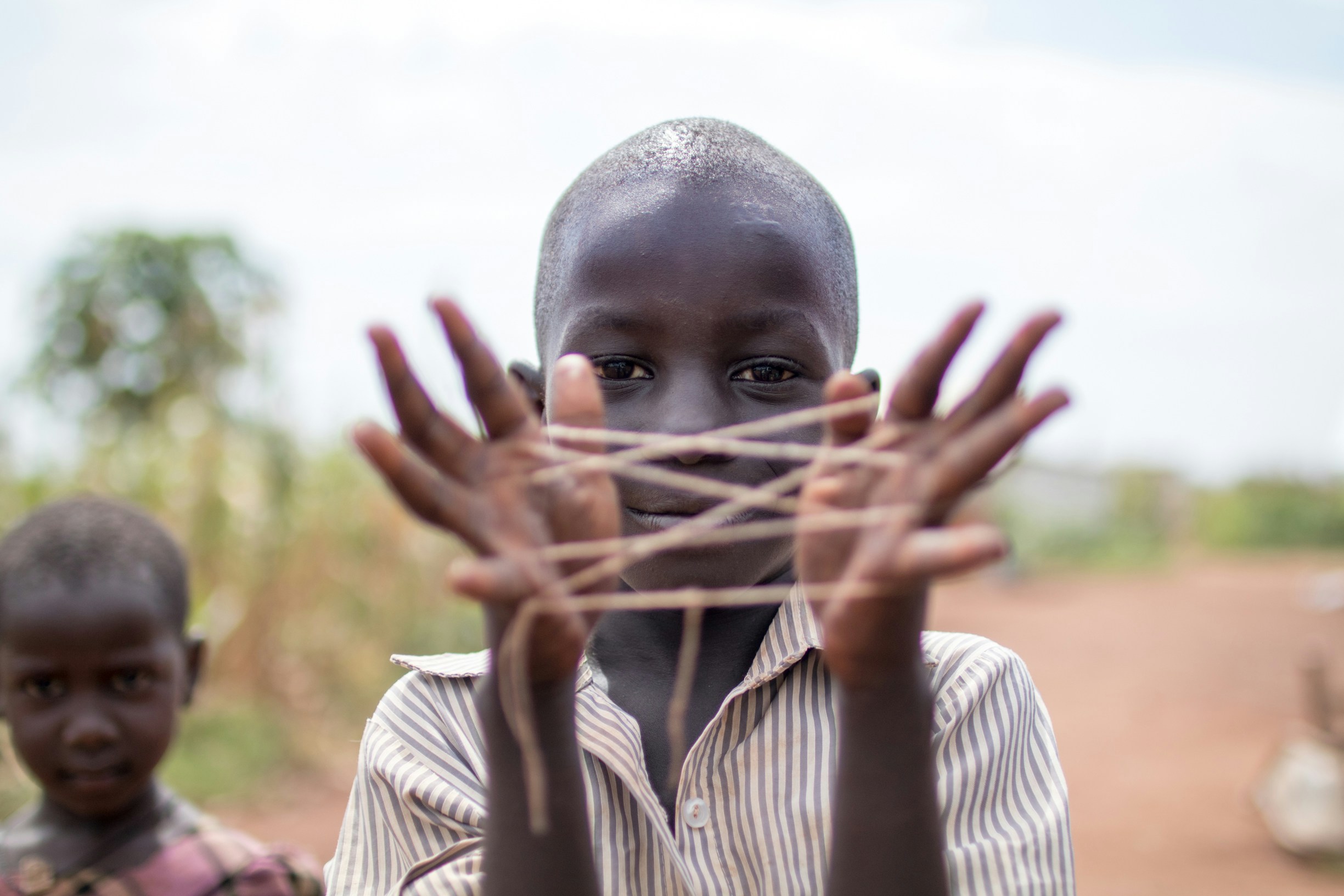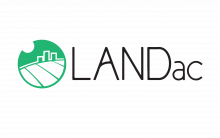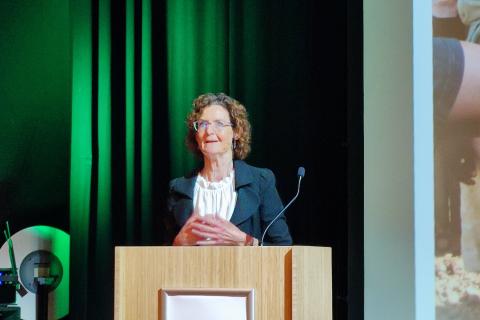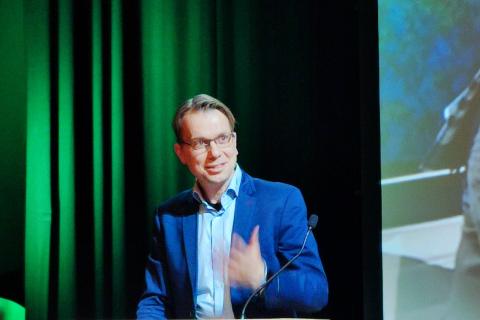IoS Fair Transitions Platform & LANDac, Utrecht, the Netherlands | 3-5 July 2024
The starting point for the Conference and Summit is the recognition that ongoing transitions in the name of climate change and clean energy are deeply unfair in multiple ways. The challenges involved in making these transitions ‘fair’ are enormous and some would say we are ‘beyond justice’ and can only limit damage. The picture is clear enough: climate policies and so-called green investments place huge burdens on people and spaces in the Global South as well as on areas inhabited by marginalized populations in countries of the Global North. Their rights are put under pressure, safeguards are lacking or not enforced, and the room to defend their lands, forests, pastures, and territories is constrained. Existing inequities are deepened.
In view of these challenges, how to do and think justice? Laws, regulations, and institutions that claim to make policies and investments more ‘inclusive’ often fail to do so. Instead, they may be instrumentalized by elites, facilitate resource capture, and ‘green wash’ extractivism. The land grab debate has shown that technical and managerial approaches alone, without a commitment to justice, risk feeding into procedural dispossession rather than fair outcomes. And as ‘climate justice’ is becoming part of global transition parlance, it risks being stripped of its emancipatory potential.
A first challenge is to uphold rights in view of the new wave of land and resource grabbing. For this, we can build on the experiences of those who have exposed land grabbing in its many guises and have protected and defended rights through land tenure reforms, advocacy, and grassroots activism. But how to think of social justice in the face of the high levels of destruction we are currently witnessing and how to face the issue of ‘extinguished’ rights? Can we extend our approach to justice to include not only protection but also restoration/regeneration and the reclaiming of vital spaces?
A second challenge is therefore to extend and deepen our understandings of social justice. There are interesting developments exploring more-than-human perspectives in debates on fair transitions. It is of particular urgency to strengthen solidarities and re-think justice in relation to past and future generations or along the lines of multispecies justice, which brings the moral obligation to consider the interests of those who cannot represent themselves in political deliberation. We propose to explore new narratives of more-than-human democracy, involving human connections with lands, natures, and their aspirations, and discuss how these could strengthen and deepen social justice. The Conference and Summit will explore both theoretical and practical implications from an interdisciplinary perspective.
Liz Alden Wily (PhD), an independent political economist specialising in land tenure, associated with the Van Vollenhoven Institute as an affiliated researcher
Bram Büscher, Professor and Chair of the Sociology of Development and Change group at Wageningen University and Visiting Professor at the Department of Geography
Keynote Speech from Kumi Naidoo: Imagining the Impossible
Themes of the Conference & Summit
We welcome empirical, theoretical, and philosophical contributions as well practical and impact-oriented ones.
- Carbon colonialism: A new scramble for Africa (and beyond)?- What are the (land governance) challenges of the rush for carbon credits, how could these be met, and what would it take to democratize participation in carbon markets?
- Safeguards and the defense of rights – What is happening to safeguards to rights under the current climate imperative, what are innovative ways in which land governance actors and land rights activists seek to ensure some level of due diligence?
- Justice as restoring, re-claiming, re-commoning- How can land governance serve a broader understanding of justice beyond protection, could/should we move beyond narrow conceptualisations of property rights as individual and instrumental?
- Building more-than-human solidarities in the search for social justice- How to build on more-than-human connections with lands, rivers, trees, and other voiceless actors like future generations in the politics of fair transitions? And, how to avoid separating human and non-human actors in deepening the search for social justice?
- Ecocide and social justice- How do we think about guilt, liability and the duty of care in the context of irreversible biodiversity loss? How do we determine who is responsible and how do we hold them to account? What is the power of a legal concept as ecocide?
-
The politics of knowledge and the politics of representation- How can marginalized ways of knowing be brought into the conversation, who can claim to speak on behalf of nature or future generations?
Plenary Session #1: Keynote Dialogue
Moderator:

Liz Alden Wily
Liz Alden Wily (PhD) is an independent political economist specialising in land tenure, associated with the Van Vollenhoven Institute as an affiliated researcher. Liz works in Africa and less frequently in Central Asia and Asia. Since the 1980s Liz has provided land policy guidance (e.g. Tanzania, Kenya, Namibia, Ghana, Cameroon, Gabon, Nepal, Afghanistan), conducting research, and designing and technically guiding projects on a learning by doing basis to practically guide policy and law-land and forest law making. This work has been driven by urgent post-conflict requirements in Uganda, Sudan/South Sudan, Liberia, Nepal and Afghanistan. Liz is also closely engaged with the forest and climate change sector, playing an active role since the 1990s in the development of community owned protected forests, especially in Tanzania.
Liz’s research continues to arise directly from social change and governance requirements as affecting the majority rural land dependent sector. Her core focus is towards improved national law status of customary/indigenous land interests (‘community land rights’), as informally held by more than 2.5 million contemporary land and resource dependants around the world. Her principal interest in supporting legal recognition of the collective ownership of commons, the several billion hectares of forest/woodlands, arid/semi-arid rangelands and swamplands held in common by communities under customary, neo-customary, or increasingly, hybrid statutory-customary laws. Liz has worked directly towards policy and, forest and rangeland law reforms in 12 states, and contributed in as many others. Since 2021, her research and practitioner work has focuses upon on critiquing existing community conservation initiatives to remove legal and other impediments which limit the right and capacity of communities to establish and sustain Community Protected Areas. Liz is periodically requested to provide expert affidavits in litigation brought by communities seeking secure tenure over specific state/public resource lands.
Presenters:
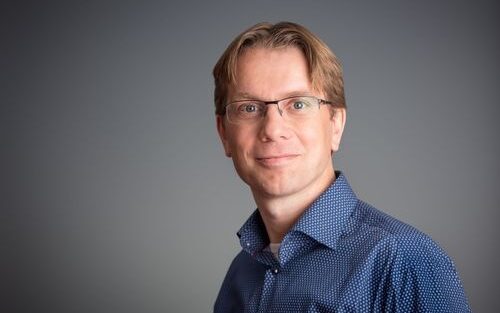
Bram Büscher
Bram Büscher is Professor and Chair of the Sociology of Development and Change group at Wageningen University and Visiting Professor at the Department of Geography, Environmental Management and Energy Studies of the University of Johannesburg. His research and writing revolve around the political economy of environment and development with specific interests in biodiversity, conservation, new media and digitalization, violence and extraction. His broader theoretical project seeks to bring biodiversity, human-nonhuman relations and conservation deeper into our understanding of the historical and contemporary trajectories of global capitalism.
Bram has published over 100 peer-reviewed articles and chapters and is the author of Transforming the Frontier. Peace Parks and the Politics of Neoliberal Conservation in Southern Africa (Duke University Press, 2013). Together with Robert Fletcher, he authored The Conservation Radical Ideas for Saving Nature Beyond The Anthropocene. This 2020 book was published by Verso and has been translated into Spanish, German and French, with Italian forthcoming. His most recent book, The Truth About Nature. Environmentalism in the Era of Post-Truth Politics and Platform Capitalism was published by the University of California Press in 2021. Bram is one of the senior editors of the open-access journal Conservation & Society (www.conservationandsociety.org).
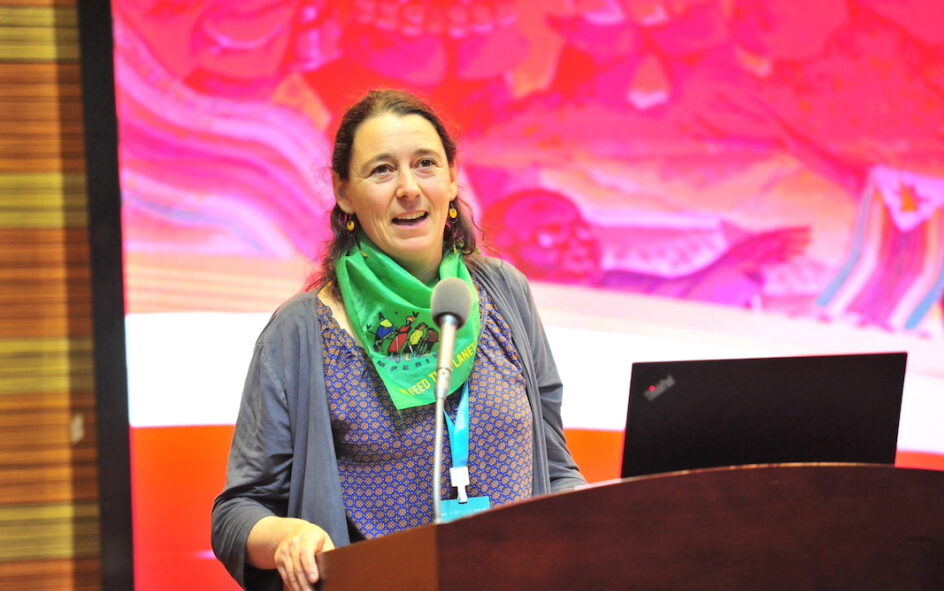
Morgan Ody
Morgan Ody is the General Coordinator of La Via Campesina and a small-scale vegetable farmer in Brittany, France. Via Campesina is a worldwide movement defending access to land, water, and territories, food sovereignty, agroecology, climate and environmental justice, as well as dignity for migrant and waged workers in agriculture. During the European farmers’ protests earlier this Spring, Megan Ody pressed the European Commission to create the conditions for an agroecological transition, in solidarity with the Global South.
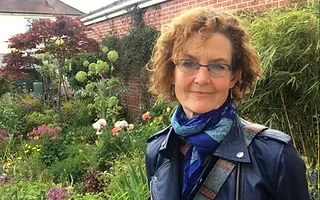
Frances Cleaver
Frances Cleaver is Professor and Chair in Political Ecology at Lancaster University in the United Kingdom. Her research is concerned with how we can understand natural resource governance in order to inform progressive social change. Institutions really matter in social and political life – they are the rules (often implicit) and arrangements through which people organize their lives, access resources and give order and meaning to their world. Critically, they are also channels through which power is exercised, reproduced and challenged. Working from a political ecology perspective, Frances is particularly interested in how institutions shape the governance of water, land and forests, and impact on people’s livelihoods.
Plenary Session #2: Women’s Land Rights as A Pathway to Social, Economic and Climate Justice
There is a widespread recognition of the importance of land tenure rights in addressing the global challenges of climate change, gender inequality and unsustainable food systems. Remarkable progress has specifically been made in the context of key international frameworks such as the Beijing Platform for Action, 2030 Agenda, the three Rio Conventions (UNFCCC, CBD and UNCCD) as well as the UN Decade on Family Farming, all of which acknowledge the critical role of land tenure security in the context of climate change solutions and food security. However, a huge challenge continues to persist as far as the implementation of these frameworks and commitments at national and
local level is concerned.
Although women bear the greatest brunt of the double crisis of climate change and land degradation, gender inequality in the control, access, use and ownership of land is yet a battle to be won. At the same time, while emerging climate solutions such as renewable energy have the potential to bring numerous benefits to Africa, they equally pose a risk to women’s land rights if a gender perspective is not taken into consideration. This plenary session will therefore aim to engage in a candid dialogue that addresses the following themes and objectives:
- Amplify our collective efforts to advancing secure women land rights on one hand and gender equity, food security, and just energy transition on the other hand.
- Highlight the progress made on the policy front in terms of recognizing the importance of women’s land rights in achieving gender equity, food security, and just energy transition.
- Address the challenges affecting women’s equitable access to land and property rights and examples of innovative approaches that contribute to addressing these challenges such as the S4HLC.
- Reiterating key policy recommendations on how women’s land rights can be best integrated/mainstreamed in the pursuit for gender equality, food security, and just energy transition.
This session will be hosted by the Stand for Her Land Campaign and co-organised by ILC Africa, Landesa, IDLO, REN21, GROOTS Kenya, UCOBAC, and UN Habitat/GLTN.
Contact: FT.landac2024@gmail.com
Updates on the programme and the Summerschool will be published through the LANDac and IOS Fair Transitions websites.
Organising committee
Nick Polson (coordinator IOS FT), Janwillem Liebrand (IOS FT), Gemma van der Haar (LANDac), Julia Tschersich (IOS FT), Wytske Chamberlain (LANDac-Land-at-Scale), Harrison Awuh (IDS-UU), Joanny Belair (LANDac).

